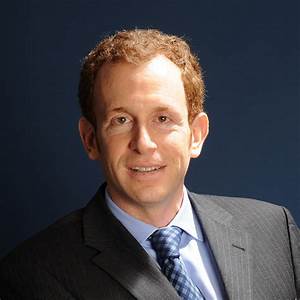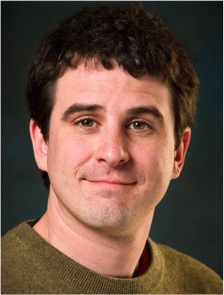Associate Professor, LBJ School of Public Affairs, University of Texas
Joshua Busby
Director Payne Institute and Professor of Public Policy, Colorado School of Mines
Morgan Bazilian
Associate Professor of Environmental Studies, San Jose State University
Dustin Mulvaney
Interviewer: David Spence, May 26, 2020
Keywords: Technology Life Cycle, Economic multiplier effects, Just Transition, Job Retraining Funds, Climate Justice, Energy Justice, Commodity Chain, Resource Curse, Hidden Costs
Part I: The Transition in Fossil-Fuel Dependent Communities
Part II: Global Supply Chains and Clean Energy Justice
“The clean energy transition is likely to have dislocative effects on certain sectors … These changes could have consequences for communities and sectors that rely on fossil fuels for employment and taxes. Advocates of a clean transition, for ethical reasons and for political strategic reasons, need to be attendant to their needs.”
The job losses get all the attention, … but the losses to the larger community are also significant…. It is limited to, say, 10 states…, but there are economic multiplier effects that go into the rest of the economy. … You could lose up to 200,000 jobs in the next 6-12 months…. This time it looks a lot less likely that we will bounce back [fully]”
“The Navajo Nation is a good example because that community has been dependent on the Navajo Generating Station for up to … $40 million a year…. That’s a lot of revenue loss for a community that doesn’t even have energy access for all of its community members. … There’s discussion about building out solar farms [there] to utilize the electricity transmission infrastructure that’s already connected …”
“If we can make this approach inclusive enough to allow for countries that are not prioritizing climate change in their policies … but are prioritizing poverty alleviation, public health, gender equality, etc., it could get us to the same place.”
Joshua Busby is a distinguished scholar at the University of Texas’ Strauss Center, nonresident fellow with the Chicago Council on Global Affairs, and a senior research fellow at the Center for Climate & Security. Dr. Busby has published widely on climate change, global health, transnational advocacy movements and U.S. foreign policy for various think tanks and academic journals.
Morgan D. Bazilian is the Director of the Payne Institute and a Professor of public policy at the Colorado School of Mines. Previously, he was lead energy specialist at the World Bank. He has over two decades of experience in the energy sector and is regarded as a leading expert in international affairs, policy and investment. He is a Member of the Council on Foreign Relations.
Dustin Mulvaney teaches courses on energy and sustainability in the Department of Environmental Studies at San José State University. He is a member of the American Association of Geographers, the Society for the Social Studies of Science, and the Association of Environmental Studies and Sciences.
- “Energy Transition: Coal as the Canary,” Yale Global Online (2020)
- Handler & Bazilian, “Economic Impacts of the 2020 Oil Market Crash,” World Oil (2020)
- Newell & Mulvaney, “The Political Economy of the ‘Just Transition’,” The Geographical Journal (2013)




Recent Comments